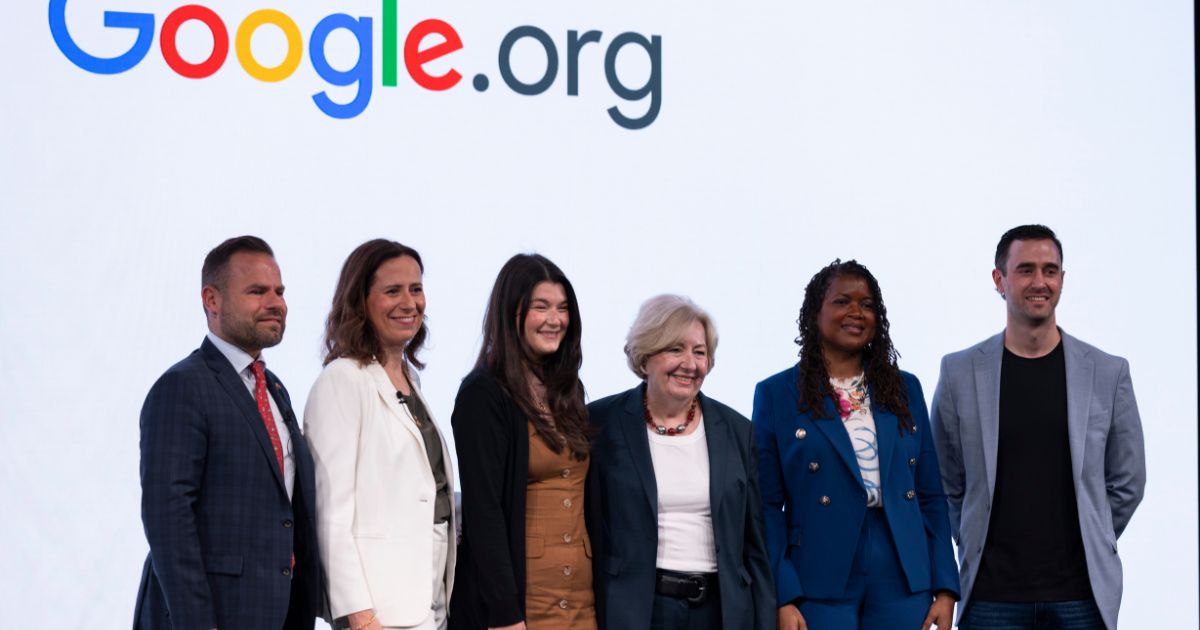

In this time of rapid technological advancement, artificial intelligence (AI) is shaping how we work, govern, heal, learn, and relate to the world around us. But as machines become smarter and decisions are increasingly made through digital systems, a critical question arises: Who is programming the future?
If Indigenous voices are not woven into the design and development of AI, we risk perpetuating digital colonialism—where tools created without our perspectives, values, or languages can replicate harm and deepen systemic inequities. Without Indigenous input, AI risks becoming another mechanism through which settler systems impose values, extract data, and shape futures without our consent.
Our team is working with First Nations in BC to ensure this isn’t the case.
The First Nations Technology Council is working to ensure AI is a tool for Nation-building, self-determination, and Indigenous innovation. Through two major research initiatives—Digital Transformation: Enabling AI Adoption for First Nations in BC and our Indigenous Leadership in Technology Strategy (ILITS)—we are charting a path forward that reflects the values, priorities, and lived experiences of Indigenous Peoples. These research initiatives were born from the understanding that the challenges to AI adoption in First Nations communities are complex—but not insurmountable.
What We Know: Challenges and Opportunities
Early research from our digital transformation work reveals that AI adoption is still limited across band councils and First Nation-owned economic development corporations. One-third say they haven’t adopted AI at all, and another third are still in the exploration stages. Only 1% reported widespread use.
This cautious approach isn’t due to a lack of interest but to a lack of accessible training, cultural relevance, and digital infrastructure.
Nearly 70% identified a lack of training, followed closely by privacy concerns and limited understanding of AI. And yet, where communities see potential, they are ready to act. Most see AI’s value in writing, research, data analysis, and economic development and governance. Among those who can envision the benefits, many are eager to explore these applications in the coming year.
Rather than wait for industry or government to include Indigenous Peoples in their AI frameworks, we are taking matters into our own hands.
With support from Google.org’s AI Opportunity Fund, we are developing culturally relevant AI courses that will launch this fall. These courses are tailored for Indigenous students—from youth just beginning their digital journeys to professionals seeking to deepen their understanding of emerging technologies. They are being shaped by the findings of our new research and guided by the voices of First Nations across BC and will include topics such as prompt engineering, neural networks, and machine learning. Like all of our courses, these will be offered at no cost to Indigenous Peoples aged 18-35 living in BC. Our goal is to train 1,200 students in AI over the next five years.
This is not just education, it’s empowerment.
We are also developing an open-source AI toolkit, informed by Indigenous knowledge systems, to support over 7,000 Indigenous people across Canada. This toolkit isn’t just a set of instructions—it’s a blueprint for self-determination, enabling Nations to apply AI on their own terms.
From managing data sovereignty to optimizing health and education systems, or simply increasing efficiency, this toolkit will help Indigenous governments and economic development corporations harness AI in ways that align with community-level needs. It is a vision of digital equity that emerges from Indigenous-led innovation.
More than 1,800 students have already completed our digital skills training programs—designed by Indigenous Peoples, for Indigenous Peoples. With a 35% higher completion rate than non-Indigenous institutions, our programs prove that when Indigenous learners are given the tools, supports, and space to succeed, they do so in powerful ways.
This is just the beginning.
We are planting the seeds for a future where Indigenous Peoples aren’t just navigating the digital world—they are shaping it. AI has the power to amplify Indigenous knowledge, preserve cultures, and drive economic and social transformation—but only if we lead.
We don’t just believe in Indigenous participation in AI—we believe in Indigenous ownership, leadership, and innovation. We are not just teaching people to use the tools of AI. We are teaching them to rewrite the code.